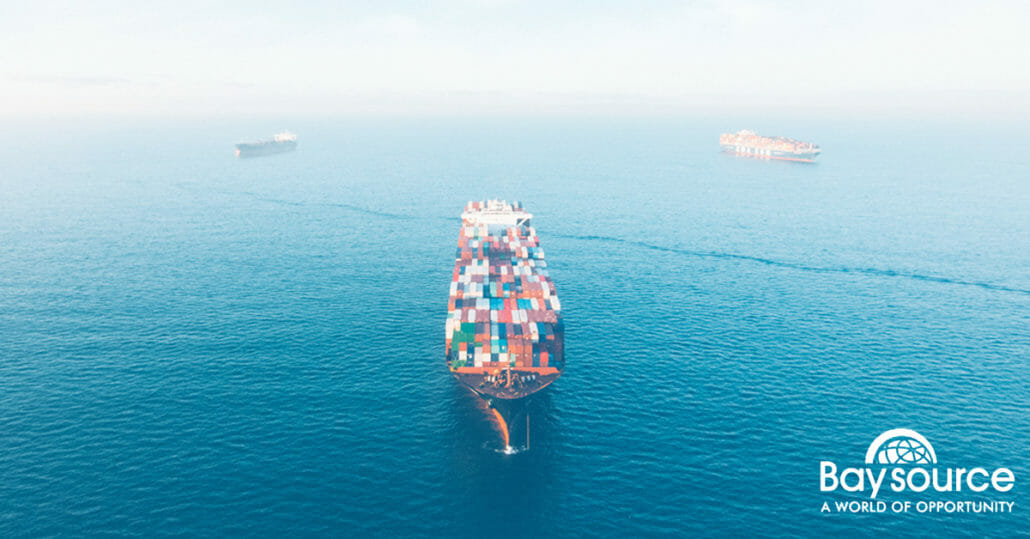
When companies meet carrying capacity in a domestic market, many look for opportunities in a foreign region. The effort and investment needed to achieve a global expansion project typically yields profit and market domination. However many factors come into play, most of which business owners are not prepared to face.
Before you consider expanding your business to another country, analyze your current position in the domestic trade, and if benefits to your company will outweigh the challenges to get there. Some of the consequences, whether good or bad, are largely dependent on the business’ situation and ability to maximize or minimize the effects.
Specialization of Resource Allocation
Countries can maximize resources which are abundant, and can subsidize what is lacking. This leads to a maximization for specialization across industries, fostering a higher level of innovation and quality of product development.
Manufacturing Growth
As companies expand their market share across multiple countries, they naturally grow their manufacturing capabilities. This has advantages for both business and overall economy, as more jobs are available for the working class.
Economic Dependence of Underdeveloped Countries
When underdeveloped countries account for their sustainability on foreign imports, they fall quickly when supplies drop or prices increase. This can also occur in affluent nations, who nourish economies of information and skilled labor rather than commodity trade.
Competitive Pricing Leads to Stabilization
When businesses must compete internationally, typically the price of goods drops and stabilizes. This works for the benefit of business owners, who can purchase company assets and hire labor at lower costs. Most work can be outsourced, and foreign manufacturers can create products to sell at higher margins.
Distribution and Telecommunications Innovation
International trade requires high levels of communication availability and security. Channels of distribution become more complex, creating a need for sophisticated methods to communication and quality assurance. Business owners in technology and telecommunications fill that need with product development, and companies in other industries benefit by having more options.
Extending Product Life Cycles
If a product has reached a decline in the domestic market, you can transfer it to an underdeveloped region, where the need is left unfilled or inadequately filled. This helps maximize profit and product sustainability, benefiting consumers with competitive pricing or technological innovation.
Import of Harmful Products and Unfair Trade Practices
When communication and distribution channels become more sophisticated, illegal product enter a country more efficiently against controlling forces. Also, nations dependent on foreign trade will sacrifice the livelihood of their producers to maintain international relations.
Region-Specific Resources Do Not Limit Production
When countries can import foreign raw materials, the dependence on local abundance is eliminated. Resources are free-flowing from market to market, and competition pushes all players in the industry to improve or expand.
Profit Maximization
Outsourcing and distributions worldwide allows you to increase profit margins, as foreign market capacities will differ from your domestic market potential. Price differentiation across regions and lower manufacturing costs couple to augment profit margins.
Currency and Legal Discrepancy
Business law does not transfer from nation to nation, and while globalization of commerce has increased political effort to regulate trade, the laws and practices are not uniform. Traders must research currency exchanges and plan strategies for labor and manufacturing outsourcing.
Increase of Commodity Access
Consumer definitions of what is considered commodity versus luxury can be manipulated when they have increased access to goods and services. The greatest potential for this shift towards a consumer culture occurs in developing countries with increasing growth, when they adopt Western lifestyles and desire more options for purchase.
Domestic Unemployment
Because foreign labor is typically cheaper due to exchange rates and political differentiation, it is beneficial for companies to allocate their human resources outside the country. This hurts the domestic economy and purchasing power of consumers in your primary market; if your company outsources, so does your competition.
If your company is in good position to start expanding your market, the risks associated with international trade can be controlled with Baysource Global. Expansion could mean market penetration or dominance for your company, and a broader outreach for you to increase profits. Contact us and start your strategic plan for international expansion.

Follow Us